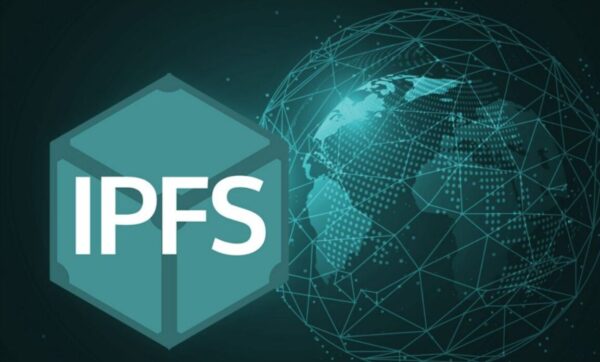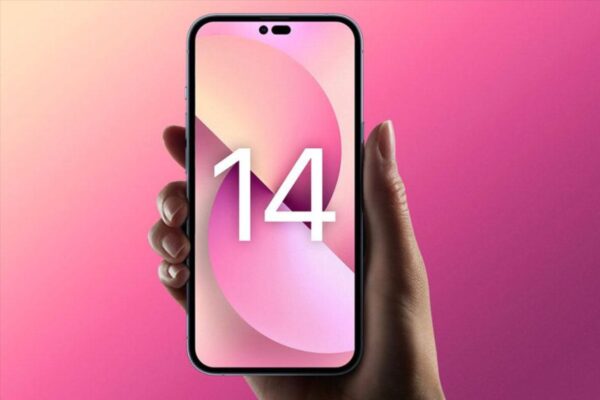On July 16, Roadrunner: A film about Anthony Bourdain will open on the theaters of the United States. Like many documentaries, the pieces of the film together are file images, including interviews and show the shots, to try to tell the story of the subject of it in their own words. It also includes words that Bourdain never spoke with a camera before the death of his suicide in 2018, and yet, you will hear the voice of him.
In an interview with the New Yorker, the director of the film, Morgan Neville, said there were three appointments that he wanted Bourdain to narrate where there were no recordings, so he recreated them software. “I created an AI model of his voice,” he said to the magazine.
It seems that it was not an easy made either. In a separate interview with GQ, Neville said he contacted four different companies about the project before deciding on the best. That company fed a dozen audio hours to an AI model. Much of the work involved deciding the exact tone of Bourdain’s voice, Neville wanted the software to replicate from the way the author and the travel host narrated his writing, changed a lot over the years, was in the TV.
In comparison with some of the other ways we have seen AI and Deepfakes used to deceive people, this is not the worst example, but the ethics of it is to be questionable. The film, so we are aware, does not include an disclosure that the AI was used to replicate Bourdain’s voice. “If you observe the movie, apart from that line that mentioned, you probably do not know what the other lines that were spoken by the AI, and will not know,” Neville told New Yorker. “We can have a documentary ethics panel about it later.” In his interview with GQ, he said Bourdain’s family told him: “Tony would have been great with that,” adding: “He was trying to make [appointments] come alive.”





